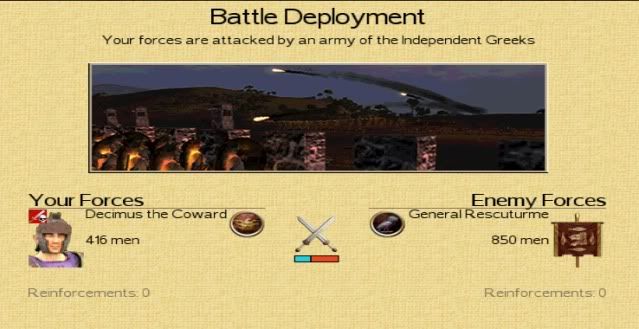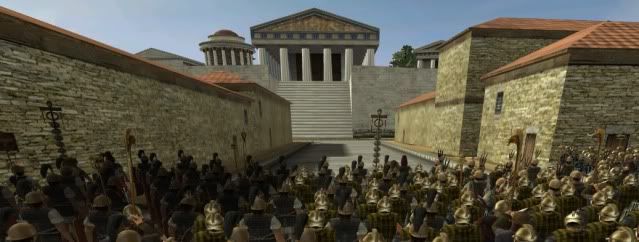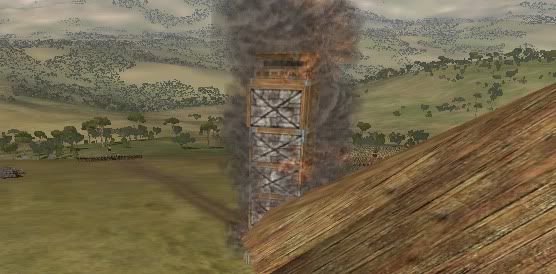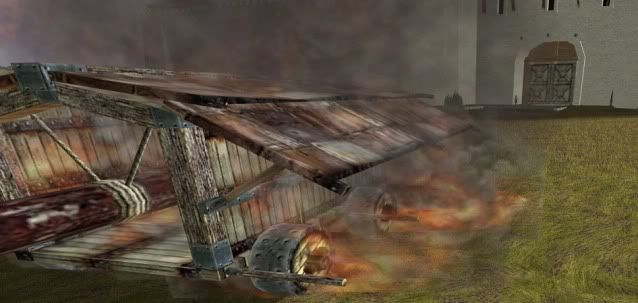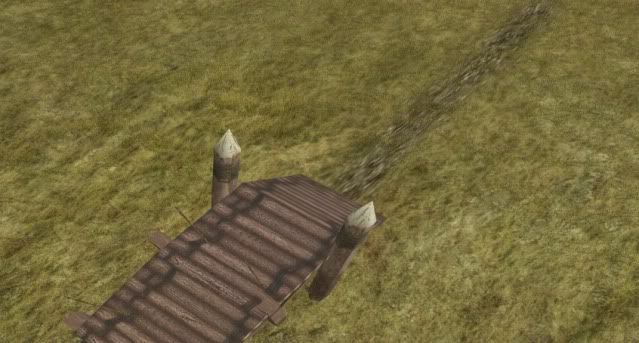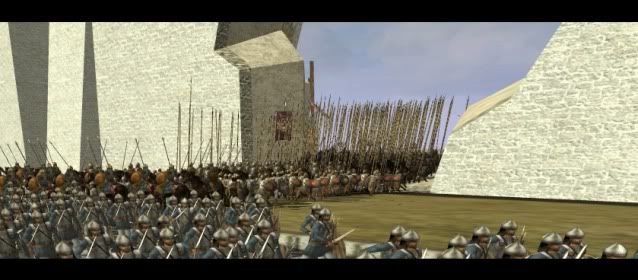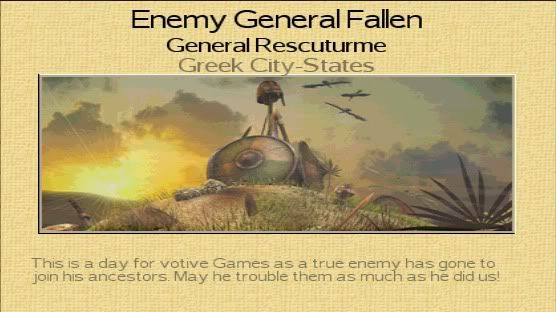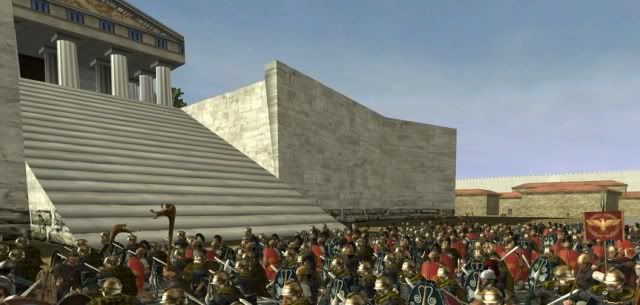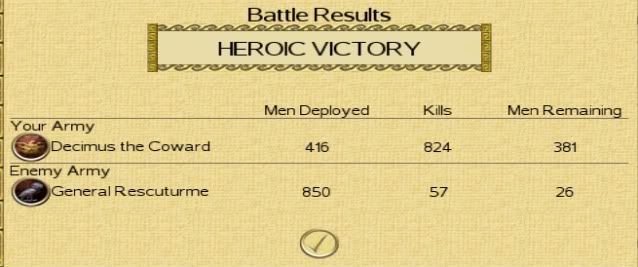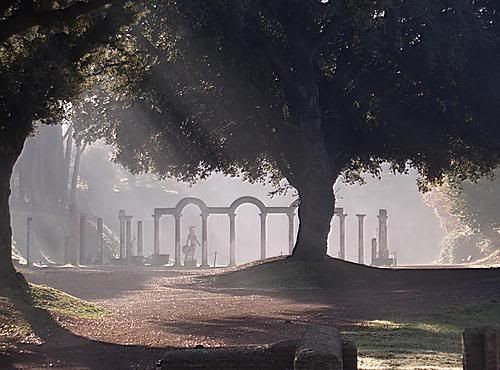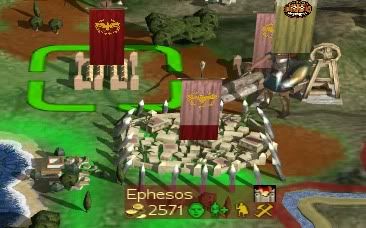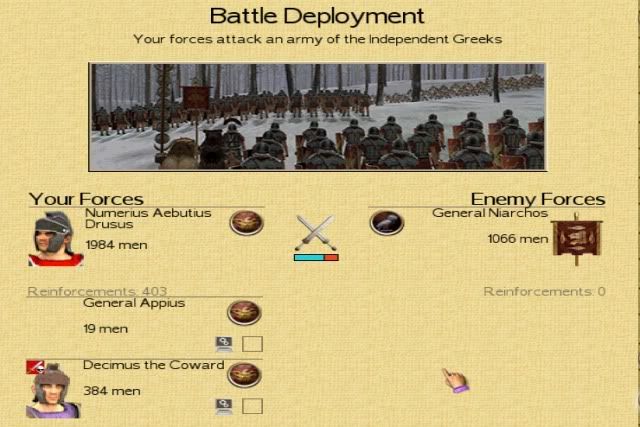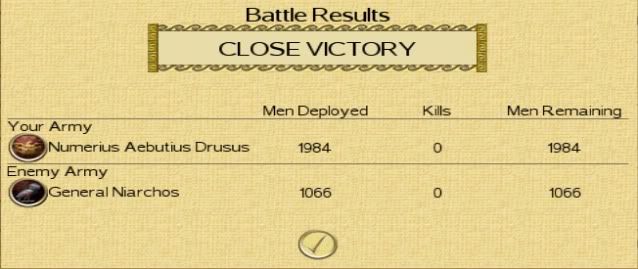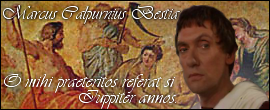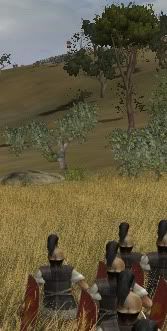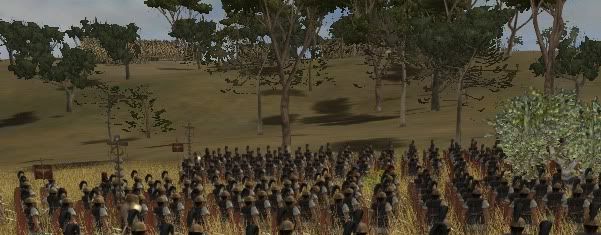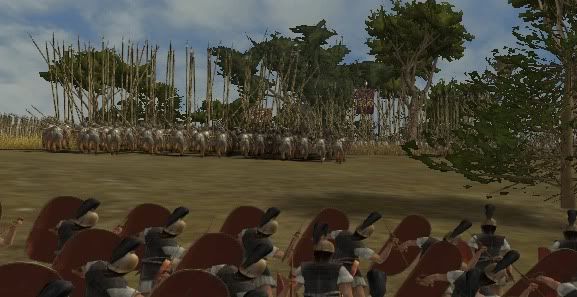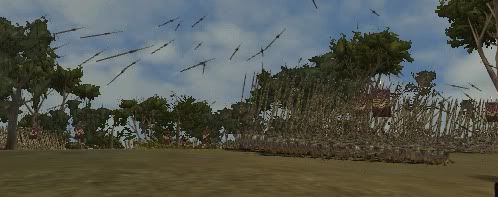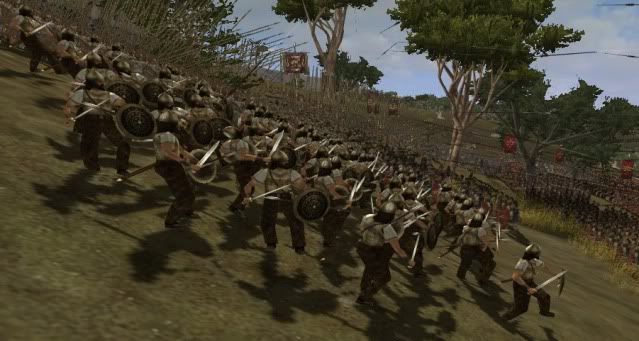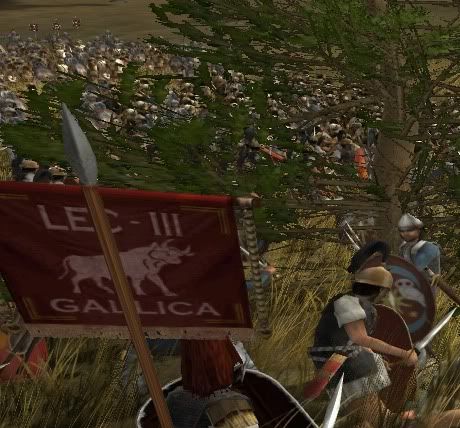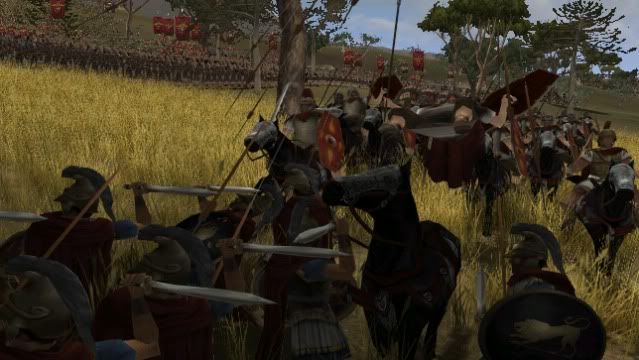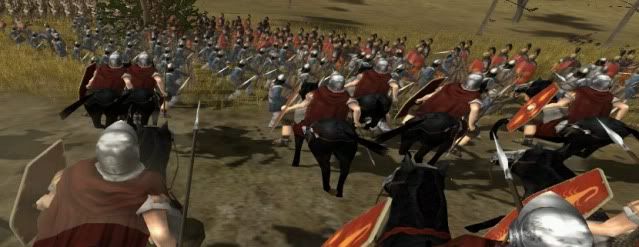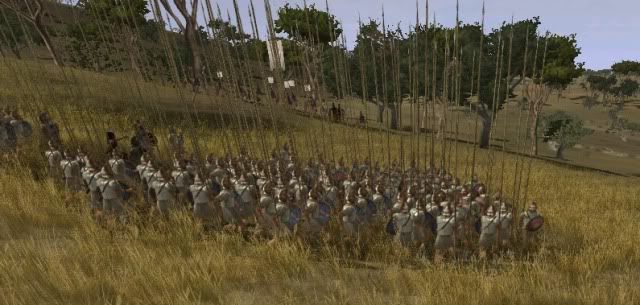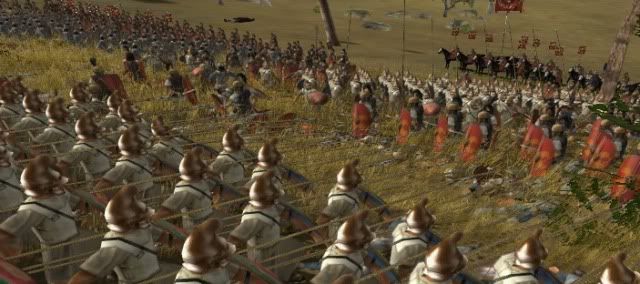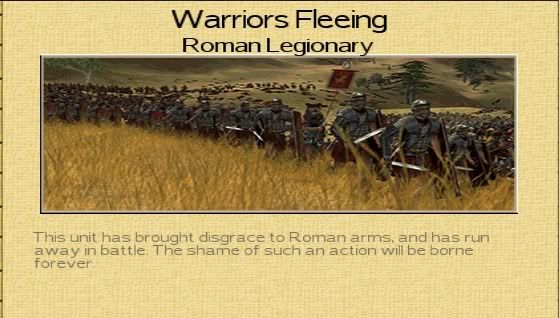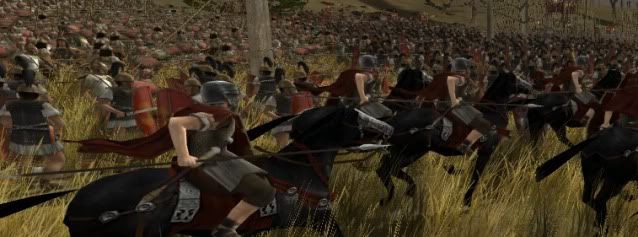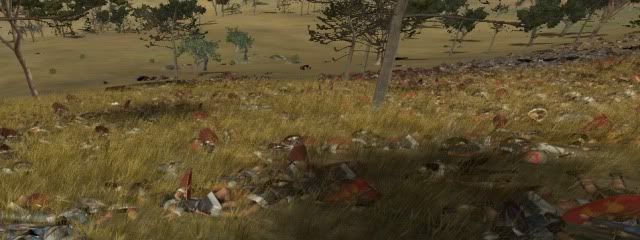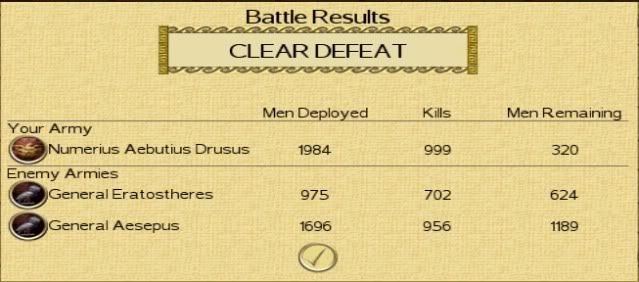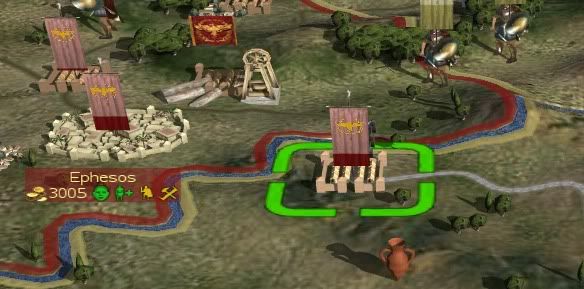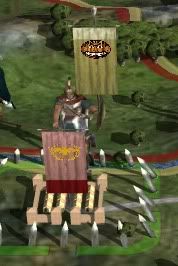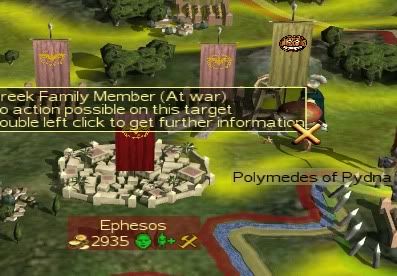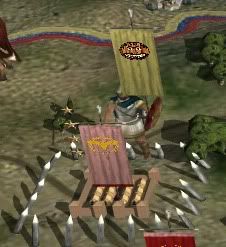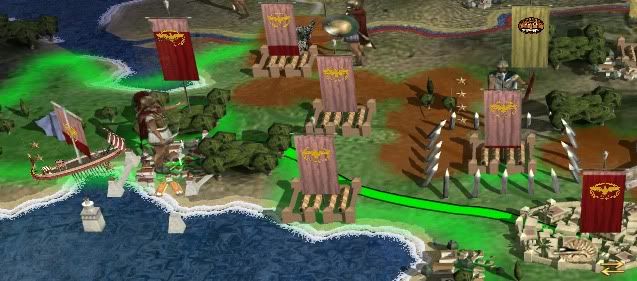Prologue (see below)
Chapter I
Chapter II
Chapter III
Chapter IV
Chapter V
Chapter VI
Chapter VII
Chapter VIII
Chapter IX
Chapter X
Chapter XI
Chapter XII
Chapter XIII
Chapter XIV
Chapter XV
Chapter XVI
Chapter XVII
Chapter XVIII
Chapter XIX
Chapter XX
Chapter XXI
Chapter XXII
Chapter XXIII
Chapter XXIV
Chapter XXV
Chapter XXVI
Chapter XXVII
Chapter XXVIII
Chapter XXIX
Chapter XXX
Chapter XXXI
Chapter XXXII
Chapter XXXIII
Chapter XXXIV
Chapter XXXV
Chapter XXXVI
Chapter XXXVII
Chapter XXXVIII
Chapter XXXIX
Chapter XL
Chapter XLI
Chapter XLII
Chapter XLIII
Prologue
It is remarkable that the Kingdom of Ionia had survived for as long as it did. A brief twenty years of violent and often times quite bloody history exists only in rumors and hearsay. Little archeological evidence supports the existence of such a kingdom. However, the presence of three newly unearthed coins inscribed with Rex S. Pap. Cra dating back to this period seem to suggest that at one point or another, something of this Kingdom of Ionia must have existed.
What we know, we know very little of. However, there exist several broken Greek documentations to an uncertain date around the first century BC to mid first century AD. It spoke of a campaign by several Roman excursions and the establishment of a 'faithless kingdom, full of corruption and lascivious decadence that even the gods grew distasteful of.' One individual in particular that has been mentioned multiple times had been the eponymous Decimus the Coward, more commonly referred to in these documentations as the Coward King.
It has been mentioned that Decimus the Coward King held the Kingship to this fragile kingdom for nearly seven years, with the first two years being held by his father, Numerius Sulpicius Camerinus, whom sources say very little about but the Greek documentations claimed to have carved out a series of kingdom across all of Ionia, from Assos to Ephesos. However, renewed attacks by Greeks soon shrank this kingdom to just the lands around Ephesos.
However, when we turned to Greece itself, we found certain documentations of the long-established family of power in Athens that spoke of one of their sons, Numerius Aebutius Drusus, who was sent to Ionia on a Pilgrimage in order to restitute familial obligations--typically an euphemism by the Romans to denote seeking forgiveness for sins. Based on these two scant pieces of evidence, we begin our intrepid attempt at deciphering the histories of this elusive Kingdom. It was a central portion of the Eastern world. Its presence amongst a number of religiously significant structures cannot be ignored. Yet despite these factors, this Kingdom remains unspoken of in academic circles.
The excavations performed around the Ionian coast, particularly near the Temple of Artemis, revealed a number of clues that further support the notion that this Kingdom of Ionia truly was a Holy Kingdom and that the wars fought in its brief existence were religiously based in nature. The Kingdom of Ionia, for all intents and purposes, found itself beleaguered on all sides, its back pressed against the Aegean, its front facing a porous border that the Greeks could simply pour through at a moment’s notice.
Excerpt from “Forgotten History of the Ionian Coast” by C. Krieger Ph.D and J. Connelly Ph.D








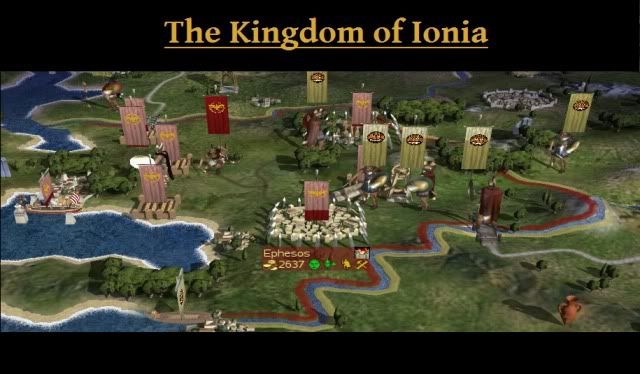



 Reply With Quote
Reply With Quote

